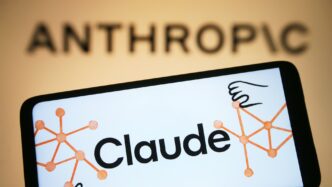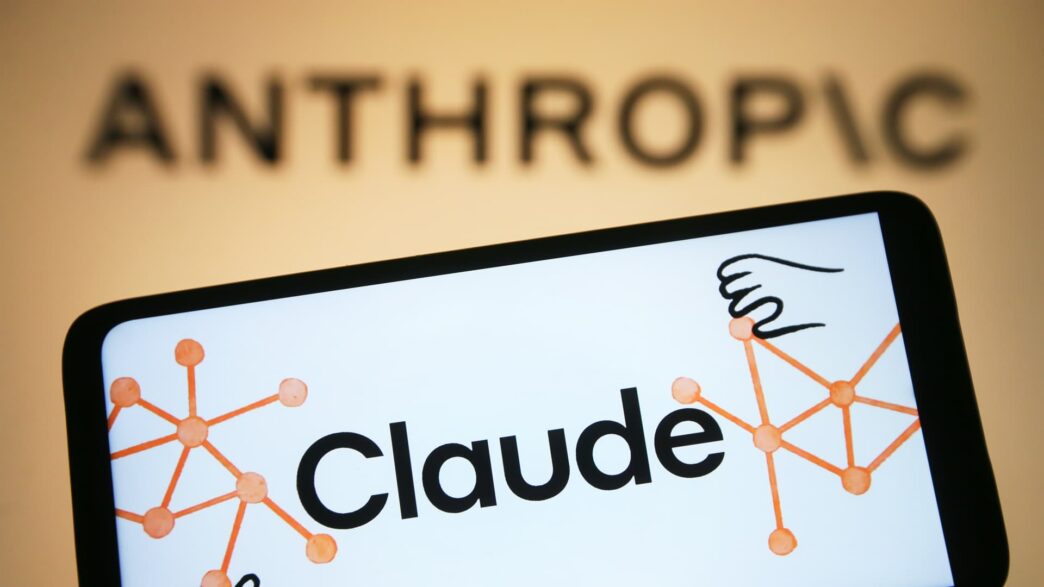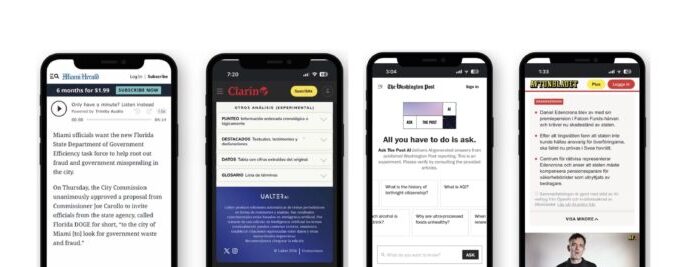Anthropic scored a major legal win Monday. A federal judge ruled its use of copyrighted books to train its AI model Claude counts as "fair use" and "transformative."
The decision came from U.S. District Judge William Alsup. He said Anthropic’s large language models don’t replicate any author’s exact style or creative elements publicly.
"The purpose and character of using copyrighted works to train LLMs to generate new text was quintessentially transformative," Alsup wrote.
"Like any reader aspiring to be a writer."
This judgment clears a big hurdle for AI companies locked in copyright battles over training data. Alsup’s ruling sets legal limits and opens opportunities for the industry.
A spokesperson for Anthropic said they are "pleased" with the outcome.
"Consistent with copyright’s purpose in enabling creativity and fostering scientific progress."
The lawsuit started in August. Authors Andrea Bartz, Charles Graeber, and Kirk Wallace Johnson accused Anthropic of building a "multibillion-dollar business by stealing hundreds of thousands of copyrighted books."
A key controversy involved a stash of roughly 7 million pirated books stored as a "central library." Anthropic eventually did not use those pirated books to train their models.
But Judge Alsup also ordered a trial on how Anthropic used those pirated books to create its library, focusing on damages.
"That Anthropic later bought a copy of a book it earlier stole off the internet will not absolve it of liability for the theft, but it may affect the extent of statutory damages," he wrote.
The case keeps charging forward — a defining moment for AI copyright law.














